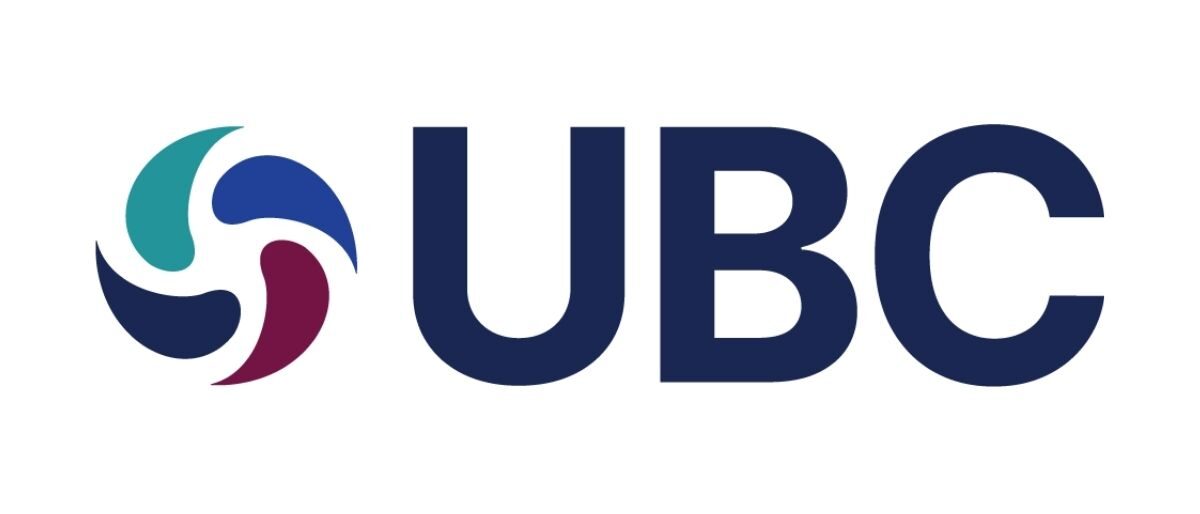UBC sponsored and attended the Cell & Gene Meeting on the Mesa this month, which brings industry leaders together to discuss innovations, share accomplishments, review upcoming milestones, and discuss the future of these life-changing products. One important element of this field is how patients receiving such therapies are supported throughout their journeys.
Starting with clinical trial design through FDA approval and commercialization, these products face many milestones and barriers — many of which can be particularly impactful for patients. Each cell or gene patient journey is unique, and unlike the market expectations for other kinds of therapy. As a result, patient support services for these products are very different from standard hub programs in the market today, instead creating a new level and standard required for patient support.
This is in large part because the challenges that come with cell and gene products are often far beyond what the affected patients and their families can face on their own. Some of those challenges include but are not limited to:
- Care coordination with multiple stakeholders, including the patient, their family, the treating physician, the site of care, the pharma field team member, any required companion diagnostic lab, the distribution channel, and the product courier
- Treatment center identification, certification, and preparedness
- Coordination of patient travel needs, such as hotels, air or rail transport, and per diem stipends
- Administration of pre-treatment biomarker confirmation testing
- Complex payer utilization management, such as prior authorizations and pre-determinations
- Management of payer billing and coding
- Distribution logistics management, including product ordering, shipment confirmation, and courier connections related to delivery
- Navigation of complex payer contracting and alternative payment models
- Identification and utilization of financial assistance options, such as copay assistance, patient assistance programs, and charitable foundations
Given the extent of their associated challenges, these advanced therapies require advanced patient services to ensure a successful launch and successful patient outcomes. Within each launch, there is complex coordination that must be considered. It is important to start working through the known barriers and planning for the unknown barriers as quickly as possible. And, to ensure that commercialization happens smoothly and on time, cell or gene product sponsors should bring in a trusted partner to consult during Phase II.
When selecting a partner to help launch a cell or gene product, it is important to select a consultative, experienced vendor that tailors the program to the unique needs and access barriers involved. For instance, UBC has worked with 60% of all cell or gene products. Our experienced teams can bring solutions and advice for these unique products and patient populations, to help our clients move their products confidently through the treatment life cycle.
About UBC
UBC designs purpose-built patient support programs to meet the needs of your patient type and indication. By focusing on experienced team members on patients’ needs, we can increase speed to therapy and improve the number of patients that start and stay on therapy. Reach out to learn more about our strong portfolio of cell and gene programs.

About the Author
Diana Hampton is a Senior Director of Strategic Relations for UBC. Diana brings over 30 years of experience in the healthcare industry including 20 within the UBC organization. She is responsible for setting direction for the organization related to reimbursement hub services and program design for specialty products. She has experience in launching more than 60 different patient support service programs – including those for ultra-rare, rare, gene therapy, and larger specialty brands.





